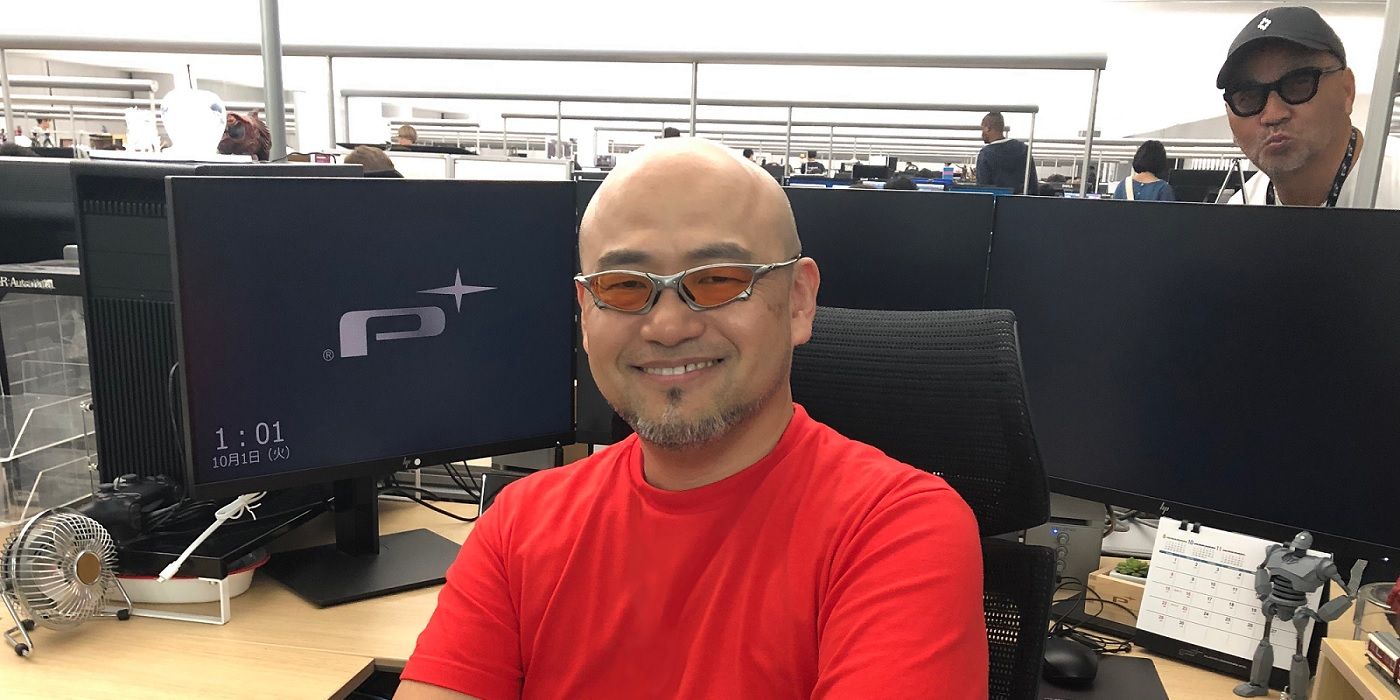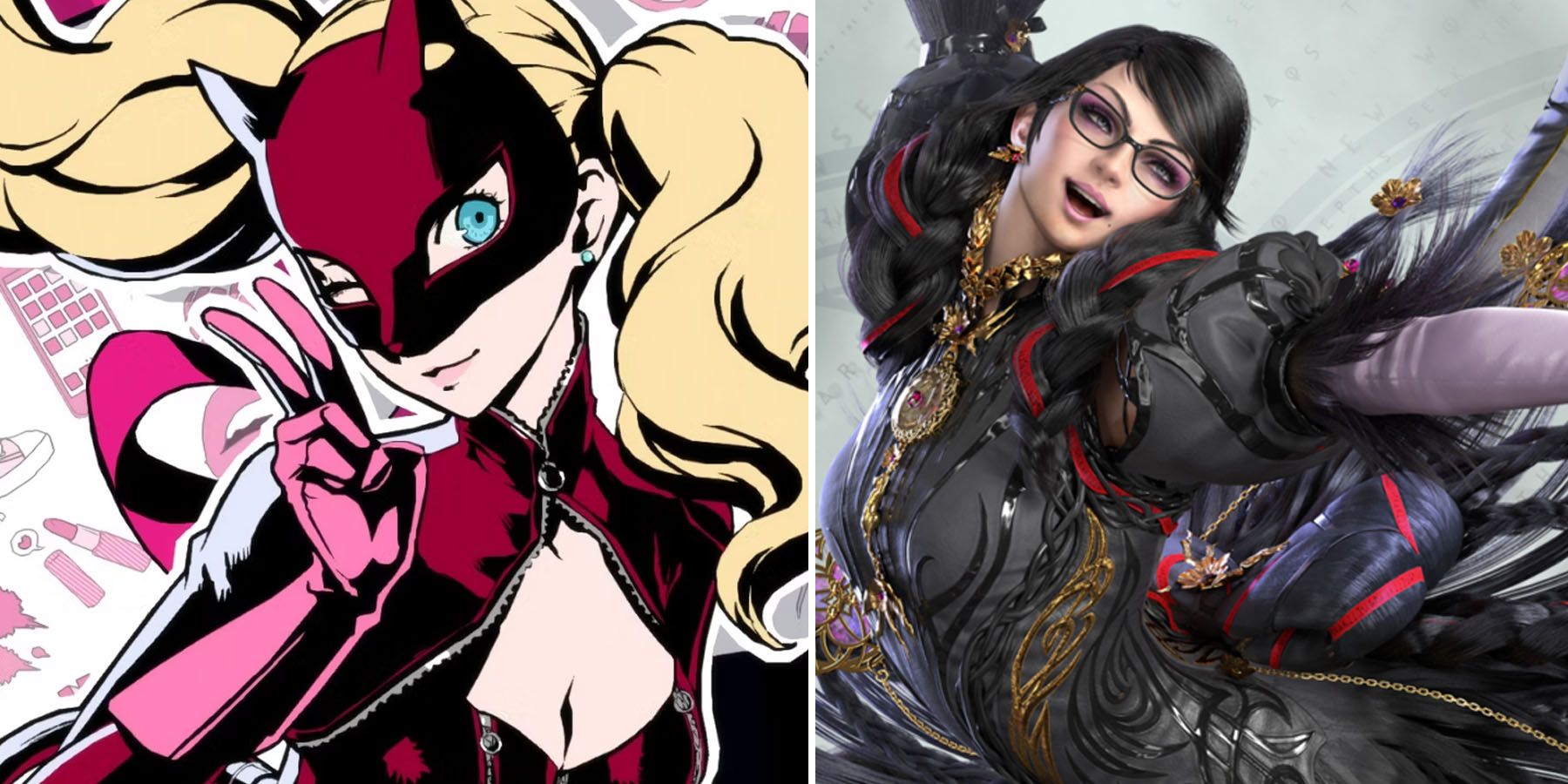
Bayonetta Mastermind Hideki Kamiya's Candid Take on the JRPG Terminology Debate

Hideki Kamiya, the acclaimed creator of Bayonetta, shares his perspective on the controversial term JRPG and its underlying connotations in the gaming industry Discover his insightful thoughts on the topic that will surely spark a meaningful debate
Highlights
Hideki Kamiya, creator of the Bayonetta series, has a positive sentiment towards the term "JRPG" and believes Japanese creators should feel proud of it.
He emphasizes the distinctive cultural differences and their impact on the creative process. An illustration of this is demonstrated in the development of character designs for Bayonetta, where a distinctively Japanese approach is taken.
Classifying Bayonetta as "J-Action" would bring satisfaction to Kamiya, as it would acknowledge the unique elements that Japanese developers infuse into the genre. However, he disapproves of the term "retro" when referring to older games, favoring the term "classic" instead.
Amidst the ongoing debate surrounding the implications and usage of the term "JRPG," Hideki Kamiya, the creator of the Bayonetta series and an executive at PlatinumGames, shares his own perspective on the matter. This debate has gained significant attention recently, particularly with the release of Square Enix's action RPG, Final Fantasy 16. The central issue arises from comments made by Final Fantasy 16 producer, Naoki Yoshida, who expressed discomfort with the term and preferred using "RPG" to refer to the genre regardless of its origin. Yoshida also highlighted the potential for discrimination when Western media employs the term. In light of this, fellow game developer at PlatinumGames, Hideki Kamiya, has offered his thoughts on the subject.
Kamiya is a prominent figure in the gaming industry, not only as the face of his company but also as an influential developer who pioneered the action genre, giving rise to games like Devil May Cry and Bayonetta. Known for his outspokenness on platforms like Twitter, Kamiya has garnered both fame and infamy, but is widely respected for his work ethic and unique perspectives on gaming. His latest viewpoint focuses on the use of the JRPG terminology.
His perspective was shared in an interview with VGC. He began by stating that he holds a positive sentiment towards the JRPG term and believes that creators should take pride in it. According to him, the term highlights the distinct cultural differences and their impact on the creative process. He exemplifies this by drawing a comparison between the protagonists of God of War, Kratos, and Bayonetta. Despite both being regarded as action game stars, they possess strikingly different appearances and personalities. While Kratos achieved global popularity, there were discussions about whether the team could replicate his success by designing their characters in the same manner. However, they eventually came to the conclusion that it would not be as impactful since it lacked the unique touch of Japanese creators. Consequently, Bayonetta was conceptualized, drawing inspiration from their cultural sensibilities and resulting in the creation of an iconic character.
Content must be written in English:
Kamiya, in his discussion on the JRPG term, emphasizes how Japanese creators possess a distinct sensitivity and perspective that enable them to create RPGs unique to their culture. He believes that this term should be embraced and that developers should strive to create the ultimate JRPG to showcase their pride in the genre. Kamiya concludes by expressing his own pride as a Japanese game creator.
When asked about classifying games like Bayonetta as "J-Action," Kamiya expresses pride in the idea, as it highlights the unparalleled contributions that Japanese developers can make to the genre. However, he does take offense to labeling older games as "retro," as this implies that they are merely a passing trend being revived. From Kamiya's standpoint, he prefers the term "classic" games as it demonstrates a greater level of respect for the past.
Source: VideoGamesChronicle












